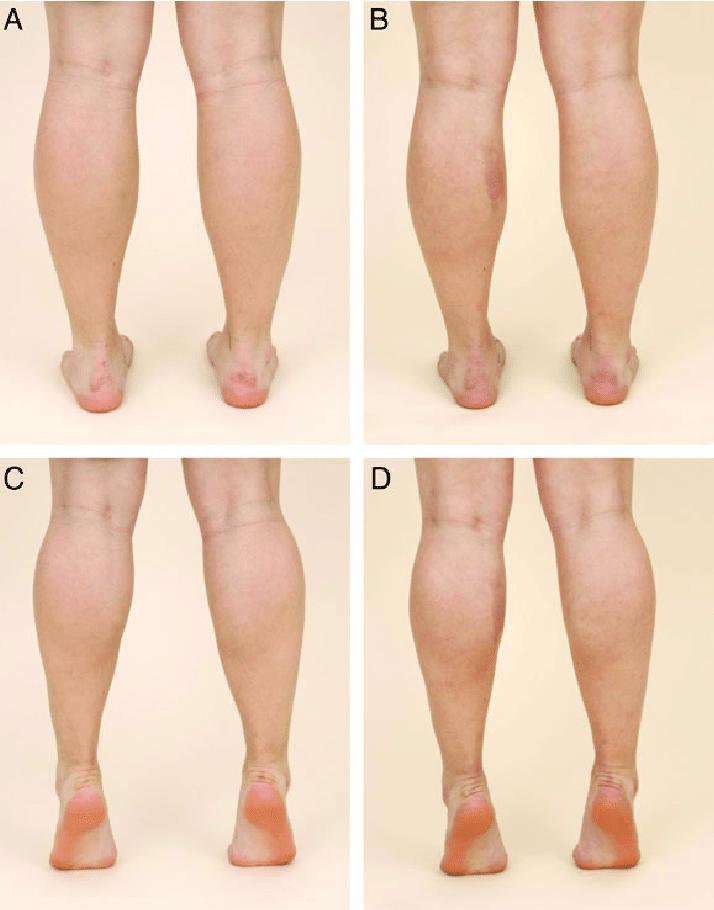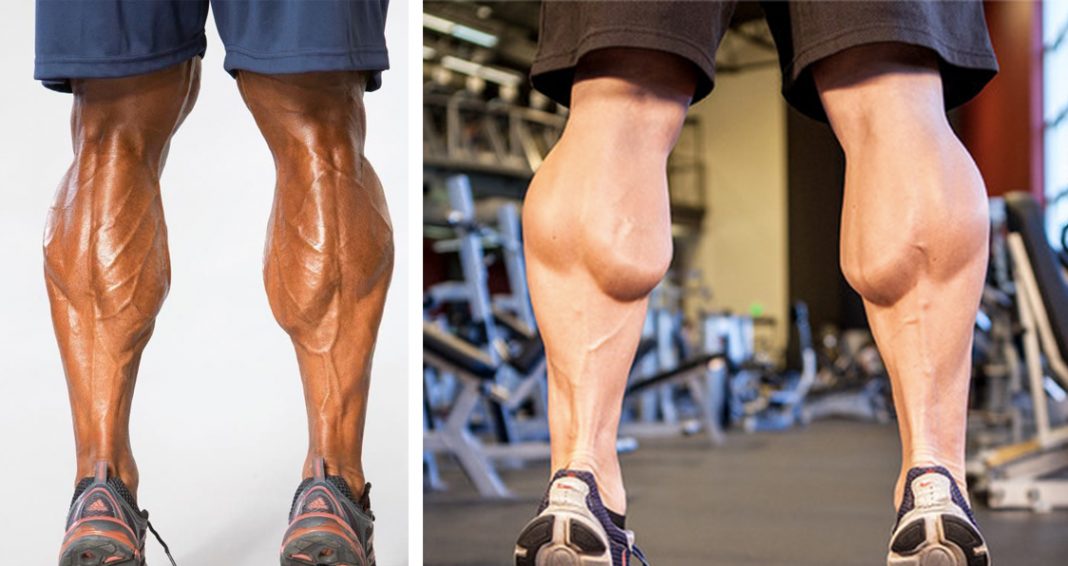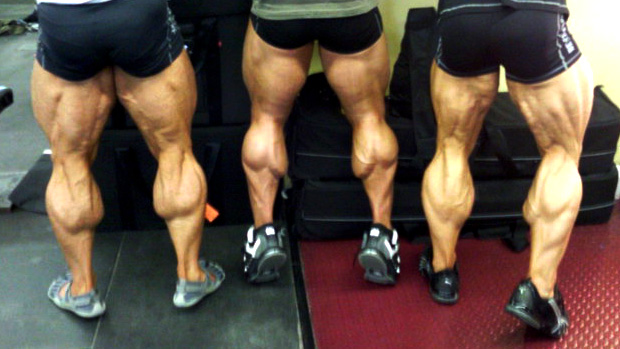
< /kævz, kɑvz/.
- the fleshy part of the back of the human leg below the knee.
noun
verb
- to give birth to (a calf)
- (of a glacier or iceberg) to release (masses of ice) in breaking up
noun plural calves
- the young of cattle, esp domestic cattleRelated adjective: vituline
- the young of certain other mammals, such as the buffalo, elephant, giraffe, and whale
- a large piece of floating ice detached from an iceberg, etc
- kill the fatted calf to celebrate lavishly, esp as a welcome
- another name for calfskin
noun plural calves
- the thick fleshy part of the back of the leg between the ankle and the kneeRelated adjective: sural
fleshy part of the lower leg, early 14c., from Old Norse kalfi, source unknown; possibly from the same Germanic root as calf (n.1).
“young cow,” Old English cealf (Anglian cælf) “young cow,” from West Germanic *kalbam (cf. Middle Dutch calf, Old Norse kalfr, German Kalb, Gothic kalbo), perhaps from PIE *gelb(h)-, from root *gel- “to swell,” hence, “womb, fetus, young of an animal.” Elliptical sense of “leather made from the skin of a calf” is from 1727. Used of icebergs that break off from glaciers from 1818.
Old English cealfian, from cealf “calf” (see calf (n.1)). Of icebergs, 1837. Related: Calved; calving.
n. pl. calves (kăvz)
- The fleshy, muscular back part of the human leg between the knee and ankle, formed chiefly by the bellies of the gastrocnemius and soleus muscles.
see kill the fatted calf; puppy (calf) love.
 Liberal Dictionary English Dictionary
Liberal Dictionary English Dictionary


